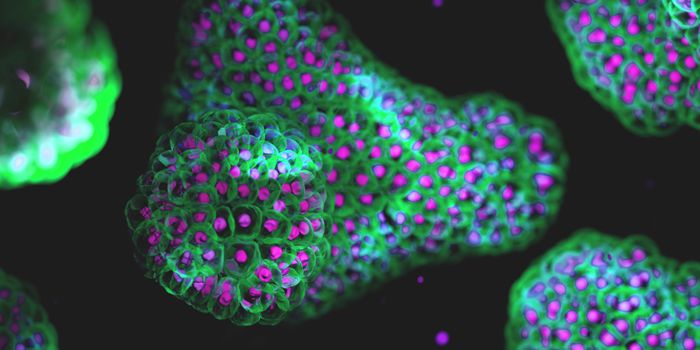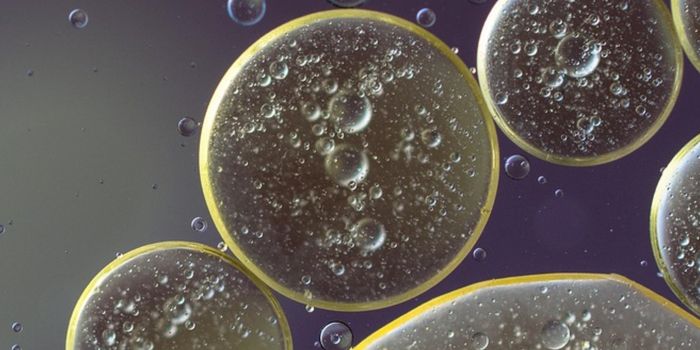Researchers in Switzerland and Japan say they have developed a rapid, simple, and safe method for generating large libraries of novel organic molecules in a fraction of the time required for traditional organic synthesis.
Led by professor Jeffrey Bode, PhD, Institute of Transformative Bio-Molecules at Nagoya University, Japan, the research team is now applying its "synthetic fermentation" strategy to make molecular kits that can be used simply and safely to discover novel antibiotics.

Microorganisms can synthesize mixtures of complex organic molecules, such as antibiotics, from simple organic building blocks by fermentation.
Inspired by this approach, Bode and his colleagues found that they could make large mixtures of biologically active compounds from a few chemical ingredients in just a few hours, rather than the months it would normally take trained chemists.
To do so, the team applied a powerful bond-making reaction, called KAHA (alphaketoacid-hydroxylamine) ligation, which enables the rapid formation of "amide" chemical bonds, found in peptides and proteins. The KAHA ligation uses special types of organic molecules to form new bonds without the usual need for toxic chemical reagents.
Using synthetic fermentation, the researchers have shown that about 6,000 novel peptides can be made from only 23 building blocks. What's more, they have demonstrated the practicality of this approach by identifying a novel molecule that blocks a key enzyme used by the hepatitis C virus.
"Our dream is to provide a do-it-yourself method -- one that can be applied by anyone, anywhere to make and assess millions of organic molecules, without using dangerous reagents," Bode says. "For example, we envision that synthetic fermentation could be used by farmers to generate and identify new antibacterial or antifungal molecules to treat plant diseases." By combining a handful of molecules in a variety of ways, a farmer could identify a novel combination that treats plant infections.
He adds that the next step is to determine the most efficient way to screen the thousands or even millions of chemical compounds that can be generated using synthetic fermentation.
[Source: Research SEA]









